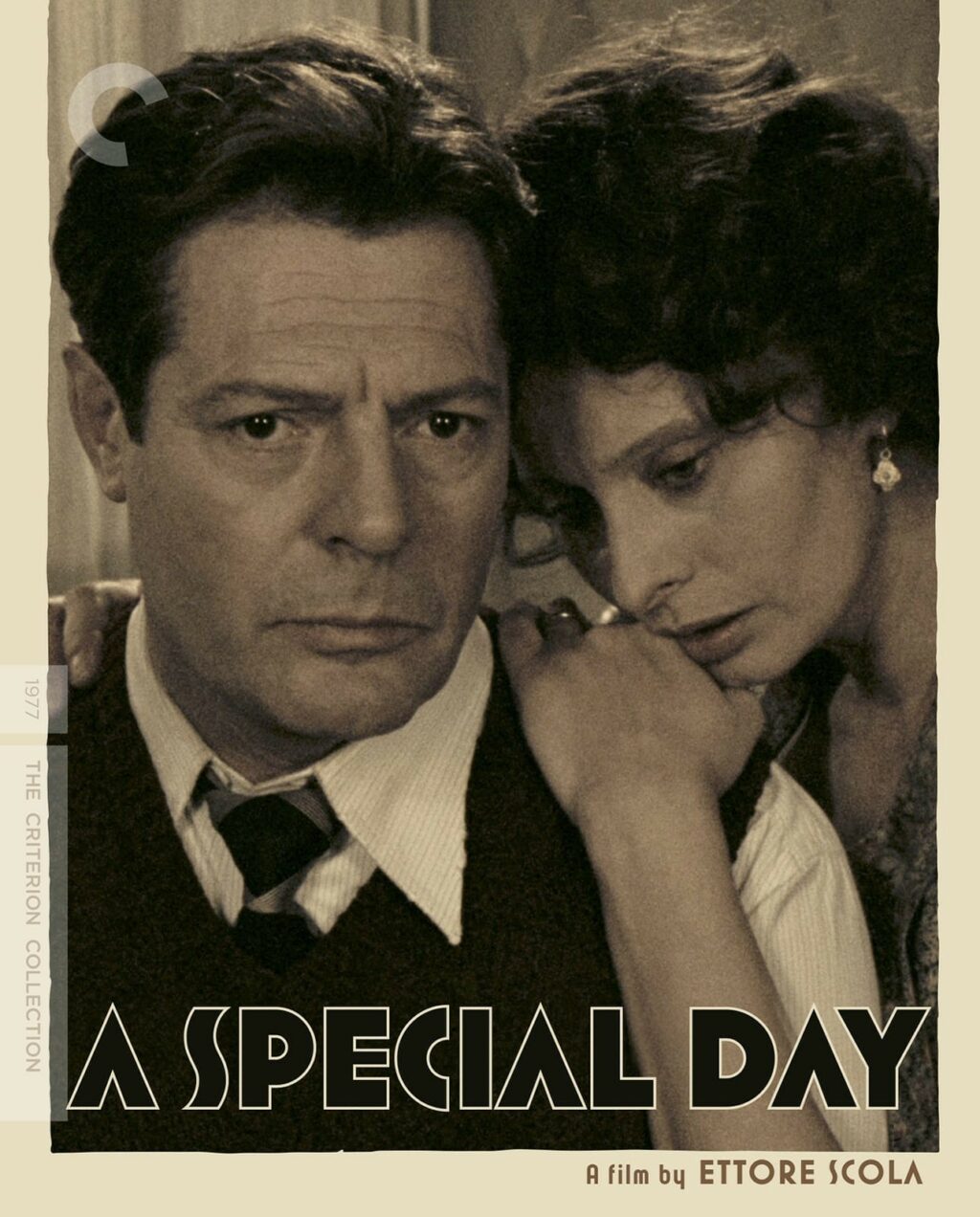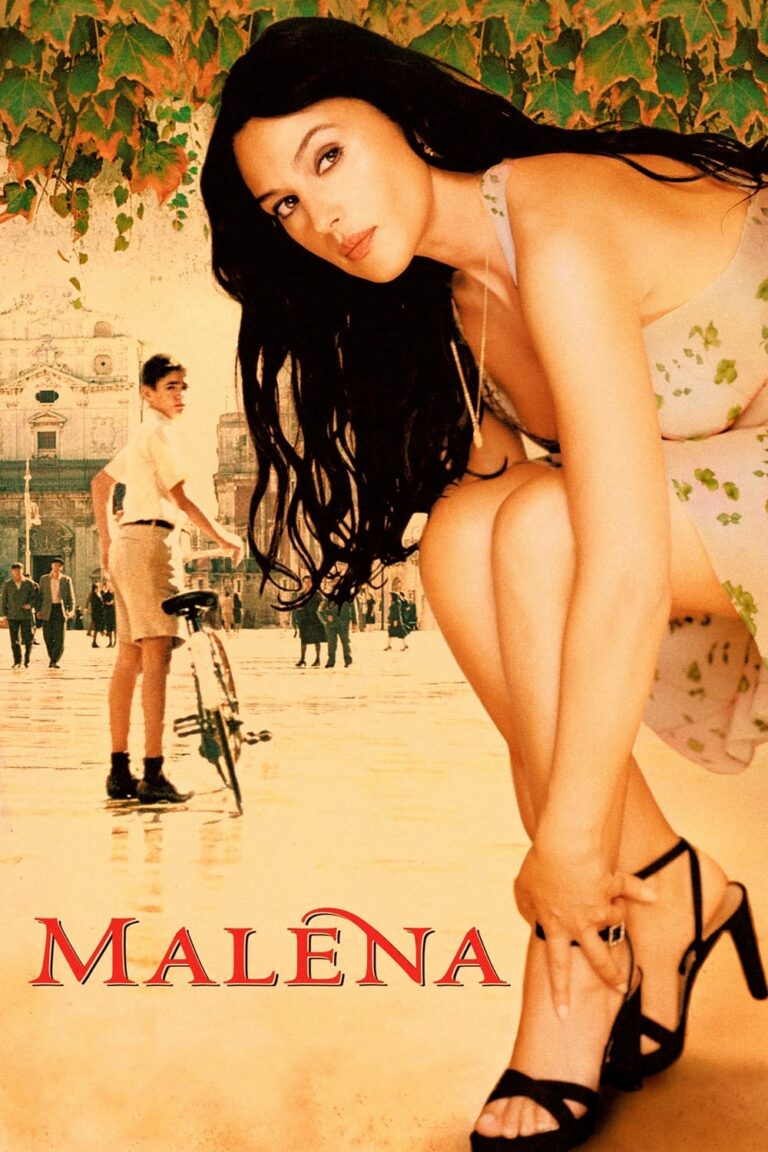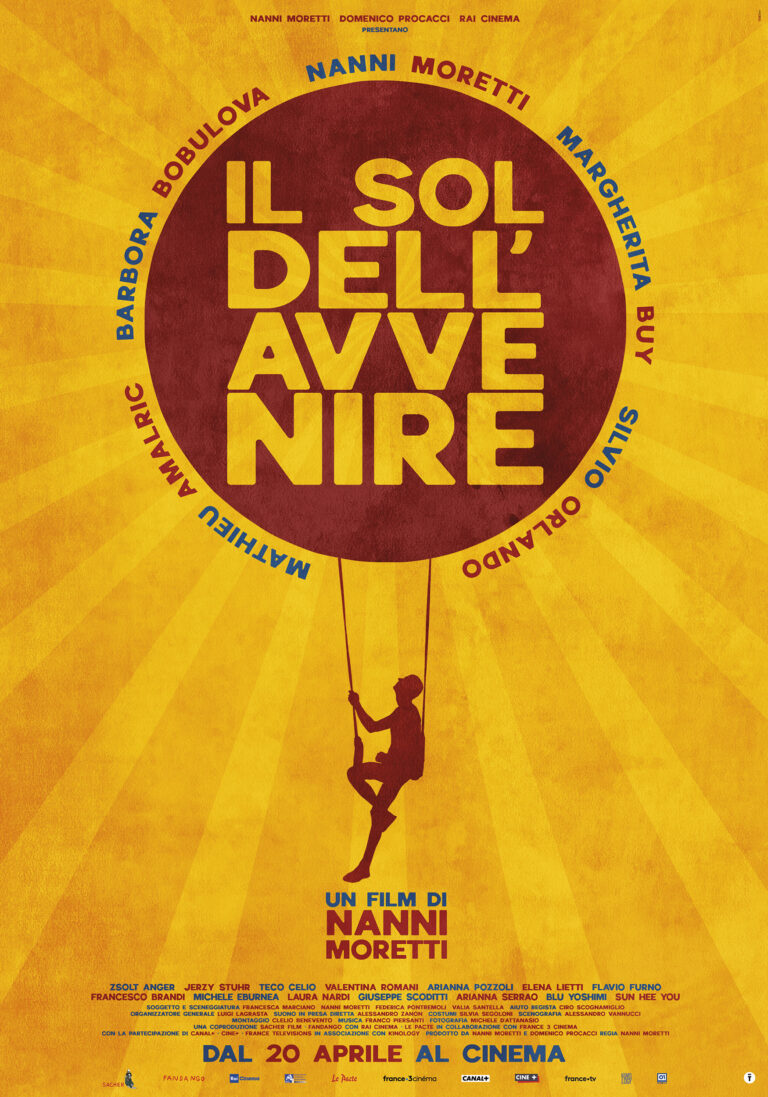
Released in 1977, A Special Day (Una giornata particolare) is an Italian masterpiece that deftly blends historical context with personal storytelling. Directed by Ettore Scola and starring two of Italy’s most iconic actors, Sophia Loren and Marcello Mastroianni, the film offers a poignant meditation on loneliness, conformity, and human connection. Set against the backdrop of Fascist Italy in 1938, the narrative remains as relevant today as it was upon its release, earning its place as a timeless work of cinematic art.
Introduction
Una giornata particolare (A Special Day) is a profound cinematic exploration of human connection during a time of political and social turmoil. Directed by Ettore Scola, the film stands out for its intimate storytelling, nuanced performances, and subtle yet powerful critique of fascism and societal norms. With Sophia Loren and Marcello Mastroianni delivering career-defining performances, the movie transcends its historical setting to speak to universal themes of love, loneliness, and resilience.
Plot Summary
The film takes place on May 6, 1938, during Adolf Hitler’s visit to Rome to meet Benito Mussolini. While the city is swept up in the spectacle of fascist propaganda, two unlikely individuals remain at home: Antonietta (Sophia Loren), a housewife burdened by her domestic duties, and Gabriele (Marcello Mastroianni), a former radio broadcaster living in isolation after being fired for his sexuality.
Antonietta, left alone as her family attends the parade, accidentally meets Gabriele, her reclusive neighbor. What begins as a chance encounter develops into a day of profound emotional exchange. Together, they share their struggles, dreams, and disillusionments in a world that marginalizes them in different ways. Their connection, fleeting yet transformative, provides a brief respite from their oppressive lives.
Historical Context
Set during the height of Mussolini’s regime, the film paints a vivid picture of life under fascism. The parade celebrating Hitler’s visit symbolizes the glorification of authoritarian power, while the emptiness of the apartment complex underscores the alienation and conformity imposed on individuals. Through its historical lens, the movie critiques the social and political systems that suppress personal freedoms and individuality.
Main Characters
- Antonietta (Sophia Loren): A dutiful housewife trapped in a patriarchal marriage. Her encounter with Gabriele awakens her sense of self and humanity.
- Gabriele (Marcello Mastroianni): A gay man living under the constant threat of persecution. His vulnerability and kindness challenge Antonietta’s preconceived notions.
- Emanuele (John Vernon): Antonietta’s authoritarian husband, who embodies the oppressive gender roles of the time.
Themes
1. Loneliness and Isolation
Both Antonietta and Gabriele are marginalized in their own ways—she by her gender and domestic role, and he by his sexual orientation. Their shared isolation forms the foundation of their connection.
2. Human Connection as Resistance
The film emphasizes the power of empathy and understanding in a world dominated by cruelty and oppression. Antonietta and Gabriele’s bond is a quiet act of defiance against the dehumanizing forces around them.
3. Critique of Fascism
Scola subtly critiques the dehumanizing aspects of fascism, which suppress individuality and enforce rigid societal norms. Through Gabriele’s plight, the film highlights the persecution of LGBTQ+ individuals under totalitarian regimes.
Cinematography and Direction
Ettore Scola employs a muted color palette to reflect the drabness of Antonietta’s life and the oppressive atmosphere of fascist Italy. The film’s long takes and intimate framing draw viewers into the characters’ emotional worlds. The sparse use of sound—eschewing a traditional score in favor of diegetic sounds like the radio—enhances the realism and immediacy of the narrative.
Reception and Impact
Una giornata particolare was met with critical acclaim upon its release, earning two Academy Award nominations for Best Foreign Language Film and Best Actor (Marcello Mastroianni). The film also won a Golden Globe for Best Foreign Language Film and a César Award. Its emotional depth and historical relevance have cemented its status as a classic of world cinema.
Sophia Loren and Marcello Mastroianni
The pairing of Loren and Mastroianni, two of Italian cinema’s greatest icons, is one of the film’s highlights. Loren delivers a restrained, nuanced performance, shedding her glamorous image to embody the downtrodden Antonietta. Mastroianni, in a role that subverts his traditional leading-man persona, portrays Gabriele with vulnerability and grace. Their chemistry is palpable, elevating the film’s emotional impact.
Social Commentary
Through its portrayal of Antonietta and Gabriele, the film critiques:
- Patriarchal Gender Roles: Antonietta’s life is confined to servitude, reflecting the limited agency afforded to women in 1930s Italy.
- Oppression of LGBTQ+ Individuals: Gabriele’s persecution highlights the systemic discrimination faced by marginalized communities under fascist rule.
- Conformity and Propaganda: The film juxtaposes the emptiness of fascist spectacle with the quiet dignity of personal connection.
Legacy in World Cinema
A Special Day remains a touchstone for filmmakers exploring themes of intimacy and political critique. Its minimalist storytelling and focus on character dynamics have influenced countless works in Italian and global cinema.
Comparison with Other Italian Cinema
The film draws from Italian Neorealism, particularly in its focus on everyday struggles and the use of real locations. However, it also incorporates the melodramatic intensity of classic Italian cinema, creating a unique blend of realism and emotional depth.
Iconic Scenes and Moments
- The Rooftop Scene: Antonietta and Gabriele share a quiet moment overlooking the city, symbolizing their brief escape from societal constraints.
- The Farewell: Their parting is both inevitable and heartbreaking, underscoring the fragility of their connection.
- The Parade on the Radio: The constant background noise of the fascist parade contrasts starkly with the intimate dialogue between the protagonists.
Music and Sound Design
The absence of a traditional score enhances the film’s realism, drawing attention to the characters’ interactions and the oppressive atmosphere of their surroundings. The pervasive sound of the parade amplifies the sense of external pressure and control.
FAQs
- What is the significance of the title A Special Day?
The title reflects the transformative nature of the day for Antonietta and Gabriele, despite its ordinariness on the surface. - Is the film historically accurate?
While fictional, the film accurately portrays the societal and political climate of Fascist Italy in 1938. - What inspired Ettore Scola to make the film?
Scola was influenced by the desire to explore the personal impact of political regimes and the resilience of human connection. - What awards did the film win?
It won a Golden Globe for Best Foreign Language Film, a César Award, and received two Academy Award nominations. - Is the film still relevant today?
Absolutely. Its themes of oppression, empathy, and resistance resonate in contemporary discussions about politics and identity. - Where was the film shot?
The majority of the film was shot in a single apartment complex in Rome, emphasizing its intimate and confined setting.
Conclusion
A Special Day (Una giornata particolare) is a cinematic gem that masterfully intertwines the personal and the political. With its timeless performances, evocative storytelling, and poignant social commentary, the film remains a powerful reminder of the resilience of the human spirit. Ettore Scola’s masterpiece invites viewers to reflect on the enduring importance of empathy and connection in an often-hostile world.





